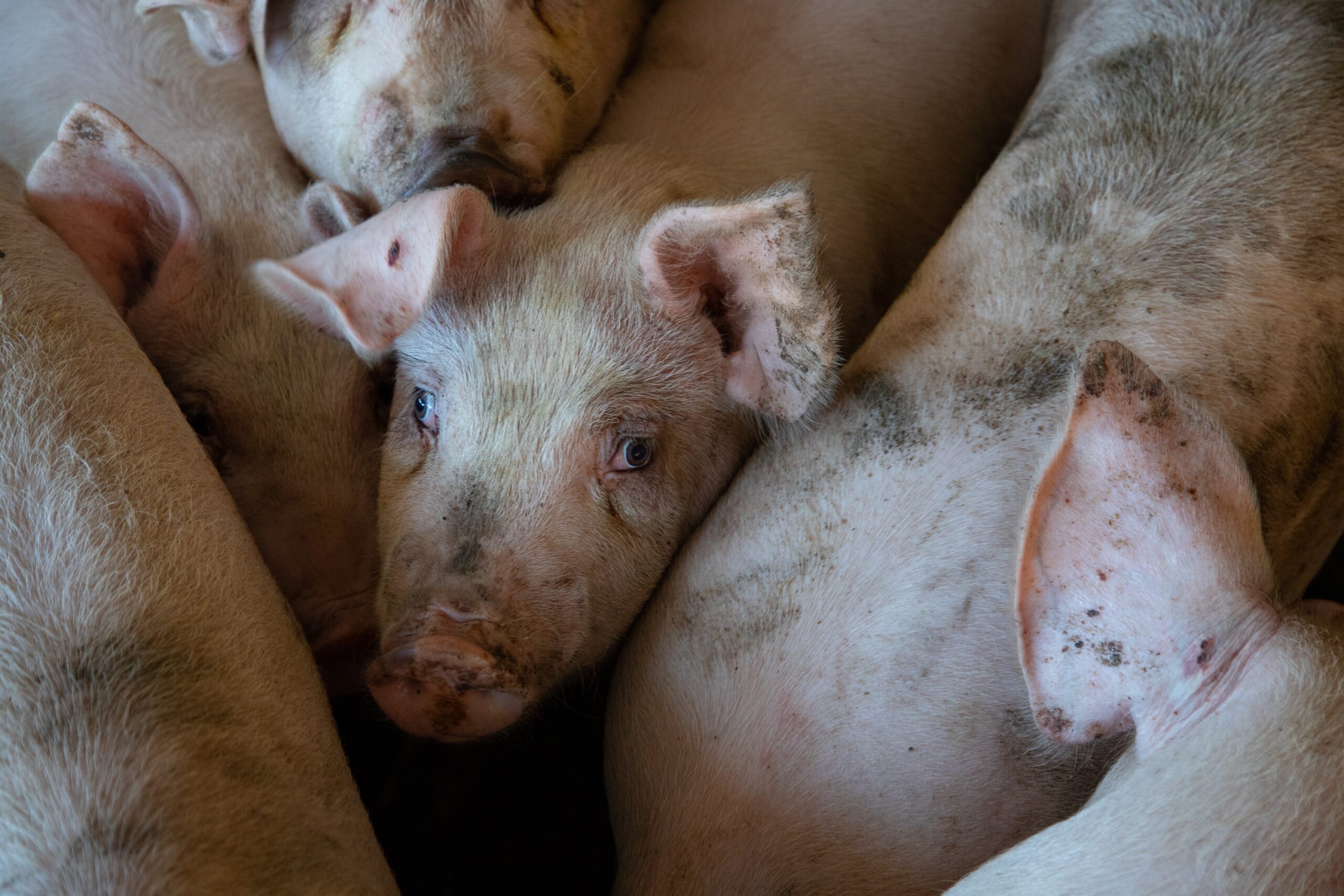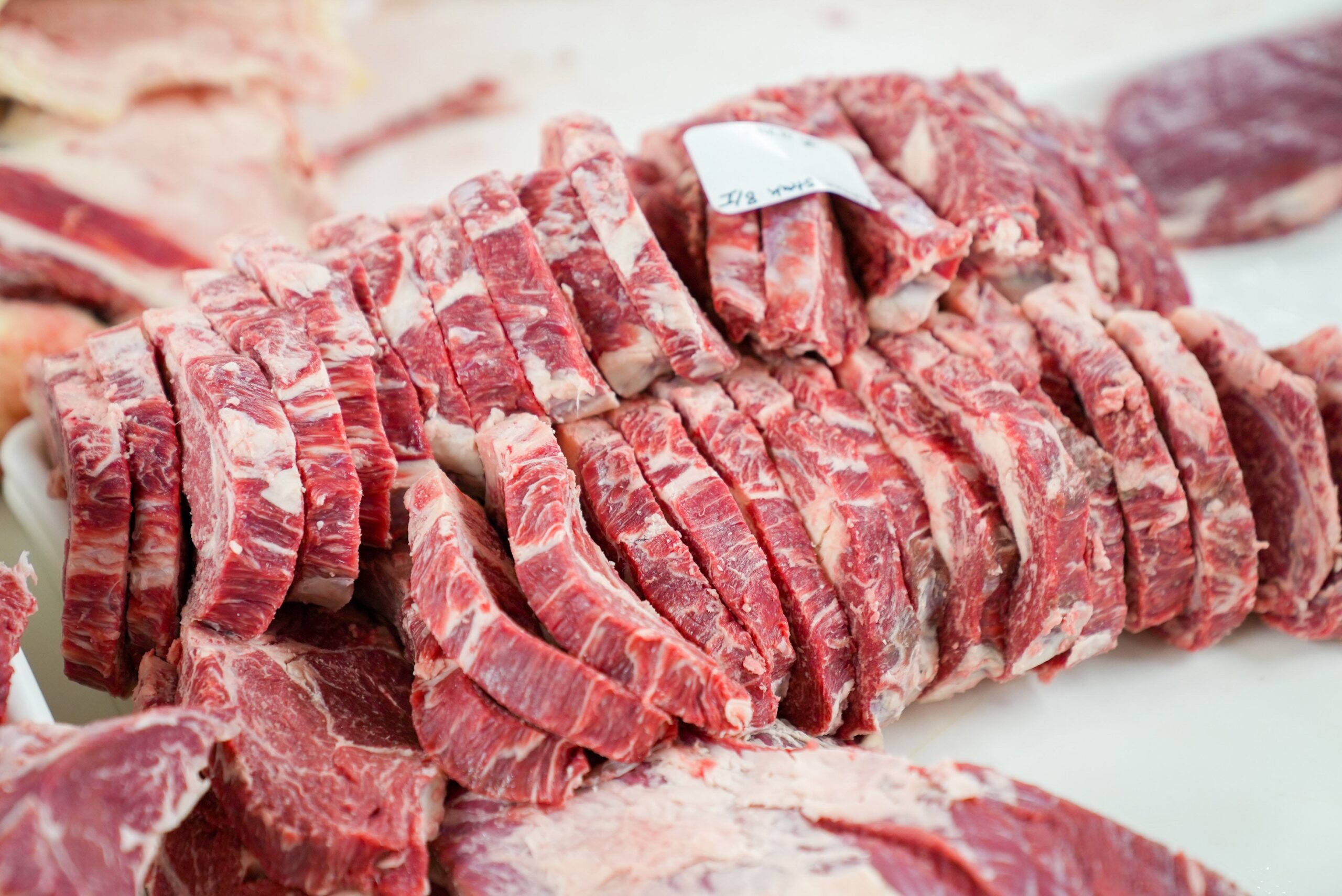Last week, the United States Supreme Court issued its Opinion in National Pork Producers Council v. Ross. The National Pork Producers Council (NPPC) challenged California’s Proposition 12, a law imposing certain animal welfare requirements such as pen size and space on pork sold in California, alleging that it violated the Dormant Commerce Clause.
The Dormant Commerce Clause essentially implies that because the United States Constitution expressly grants power to regulate interstate commerce to Congress, that, by implication, means such power is not vested with the states. Here, NPPC argued that the California law had extraterritorial impacts on pork producers in other states, thereby violating the Dormant Commerce Clause.
The Court issued a fractured Opinion affirming the lower courts’ grant of California’s Motions to Dismiss, with some portions agreed upon by each of the 9 Justices, and others garnering support from far fewer.
The Justices unanimously agreed on two points. First, the “antidiscrimination principle lies at the very core of” Dormant Commerce Clause jurisprudence. Here, NPPC did not allege that Proposition 12 was facially discriminatory statute, admitting it applied equally to in-state and out-of-state pork producers. Second, all Justices rejected NPPC’s argument that there is an “almost per se” rule that forbids state laws that have a “practical effect of controlling commerce outside the state.” This was too broad a reading of the Dormant Commerce Clause for all of the Justices. As the Court explained, “In our interconnected national marketplace, many (maybe most) state laws have the ‘practical effect of controlling’ extraterritorial behavior.”
Where the Justices disagreed, however, was the proper scope and analysis under the Pike balancing test. When a law has a substantial burden on interstate commerce, the Pike balancing test requires a court to balance the burden on interstate commerce against the local benefits from the law. Some Justices held that the Court was not intended to, or able to, weigh such burdens. Other Justices held that there was no proof of a substantial burden on interstate commerce, which means the Court should not reach the balancing test at all in this case. Still others found that a substantial burden was alleged, but that the US Court of Appeals for the Ninth Circuit improperly applied the balancing test and would have remanded the case with instructions to correctly balance the interests.
Where does this leave producers? Currently, the regulations surrounding Proposition 12 are not set to go into effect until July 1, 2023. Another challenge alleging additional facts seeking to prove that Proposition 12 does impose a substantial burden could potentially be filed. A similar law was passed in Massachusetts, and a lawsuit is currently pending challenging that law. It is certainly possible that additional laws related to animal husbandry practices could be passed in other states as a result of this ruling.
For more information click here.
Lashmet, Tiffany. “United States Supreme Court Upholds Proposition 12.” Southern Ag Today 3(20.5). May 19, 2023. Permalink
Photo by Mark Stebnicki: https://www.pexels.com/photo/close-up-shot-of-pigs-2737178/




